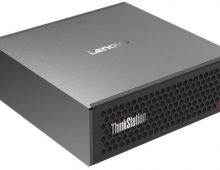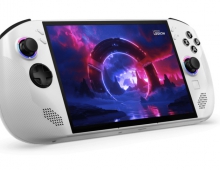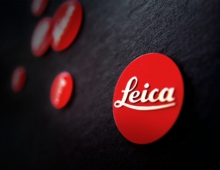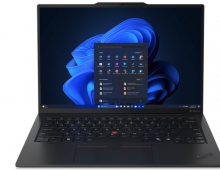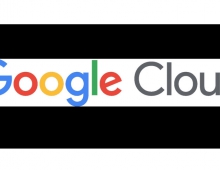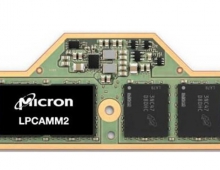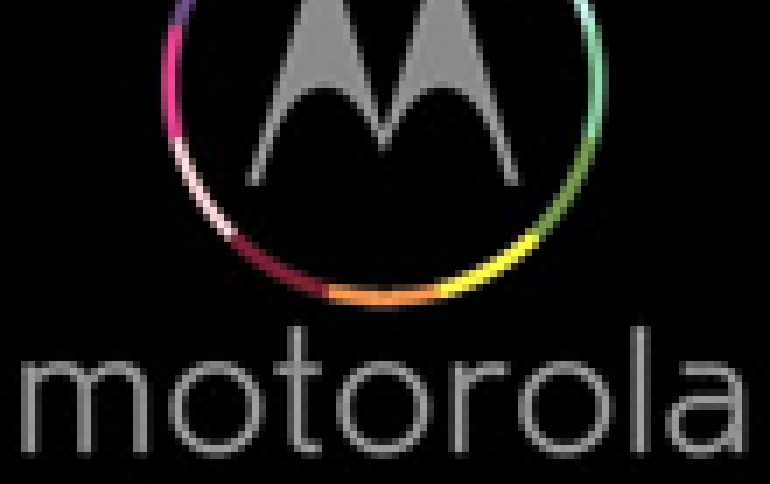
Lenovo To Buy Motorola Mobility
Google CEO Larry Page officially announced today that it is selling its Motorola unit to Lenovo for $2.91 billion, admitting that the smartphone market has been super competitive for Google.
Lenovo, will acquire Motorola Mobility, including the MOTOROLA brand and Motorola Mobility's portfolio of smartphones like the Moto X and Moto G and the DROID Ultra series. In addition to current products, Lenovo will take ownership of the future Motorola Mobility product roadmap.
Google will maintain ownership of the vast majority of the Motorola Mobility patent portfolio, including current patent applications and invention disclosures. Lenovo will receive a license to this portfolio of patents and other intellectual property. Additionally Lenovo will receive over 2,000 patent assets - possibly those essential for the company to enter the U.S. market - as well as the Motorola Mobility brand and trademark portfolio.
Google bought Motorola for $12.4 billion in May 2012. Larry Page praised the work Motorola Mobility CEO Dennis Woodside and the Motorola team have done since then to reinvent the company. Motorola has lost nearly $2 billion over that time.
"But the smartphone market is super competitive, and to thrive it helps to be all-in when it comes to making mobile devices. It's why we believe that Motorola will be better served by Lenovo - which has a rapidly growing smartphone business and is the largest (and fastest-growing) PC manufacturer in the world," Page said.
The sale frees up Google to focus on its Android ecosystem, according to the statement, but does not indicate a shift in the company's hardware efforts.
Google acquired Motorola to help supercharge the Android ecosystem by creating a stronger patent portfolio for the company. Google will retain the vast majority of Motorola's patents, in order to "continue to use to defend the entire Android ecosystem," according to Page.
The deal has yet to be approved in the U.S. or China.
The sale of Motorola to Lenovo comes just days after Samsung inked a long-term cross-licence deal with Google to help the South Korean technology firm stave off patent disputes. And obviously the Lenovo-Google deal helps Samsung, as Google will bow out of the smartphone hardware market.
The deal also means that Samsung and Lenovo will dominate the Android market, leaving very few options for smaller players like HTC.
Google will maintain ownership of the vast majority of the Motorola Mobility patent portfolio, including current patent applications and invention disclosures. Lenovo will receive a license to this portfolio of patents and other intellectual property. Additionally Lenovo will receive over 2,000 patent assets - possibly those essential for the company to enter the U.S. market - as well as the Motorola Mobility brand and trademark portfolio.
Google bought Motorola for $12.4 billion in May 2012. Larry Page praised the work Motorola Mobility CEO Dennis Woodside and the Motorola team have done since then to reinvent the company. Motorola has lost nearly $2 billion over that time.
"But the smartphone market is super competitive, and to thrive it helps to be all-in when it comes to making mobile devices. It's why we believe that Motorola will be better served by Lenovo - which has a rapidly growing smartphone business and is the largest (and fastest-growing) PC manufacturer in the world," Page said.
The sale frees up Google to focus on its Android ecosystem, according to the statement, but does not indicate a shift in the company's hardware efforts.
Google acquired Motorola to help supercharge the Android ecosystem by creating a stronger patent portfolio for the company. Google will retain the vast majority of Motorola's patents, in order to "continue to use to defend the entire Android ecosystem," according to Page.
The deal has yet to be approved in the U.S. or China.
The sale of Motorola to Lenovo comes just days after Samsung inked a long-term cross-licence deal with Google to help the South Korean technology firm stave off patent disputes. And obviously the Lenovo-Google deal helps Samsung, as Google will bow out of the smartphone hardware market.
The deal also means that Samsung and Lenovo will dominate the Android market, leaving very few options for smaller players like HTC.


